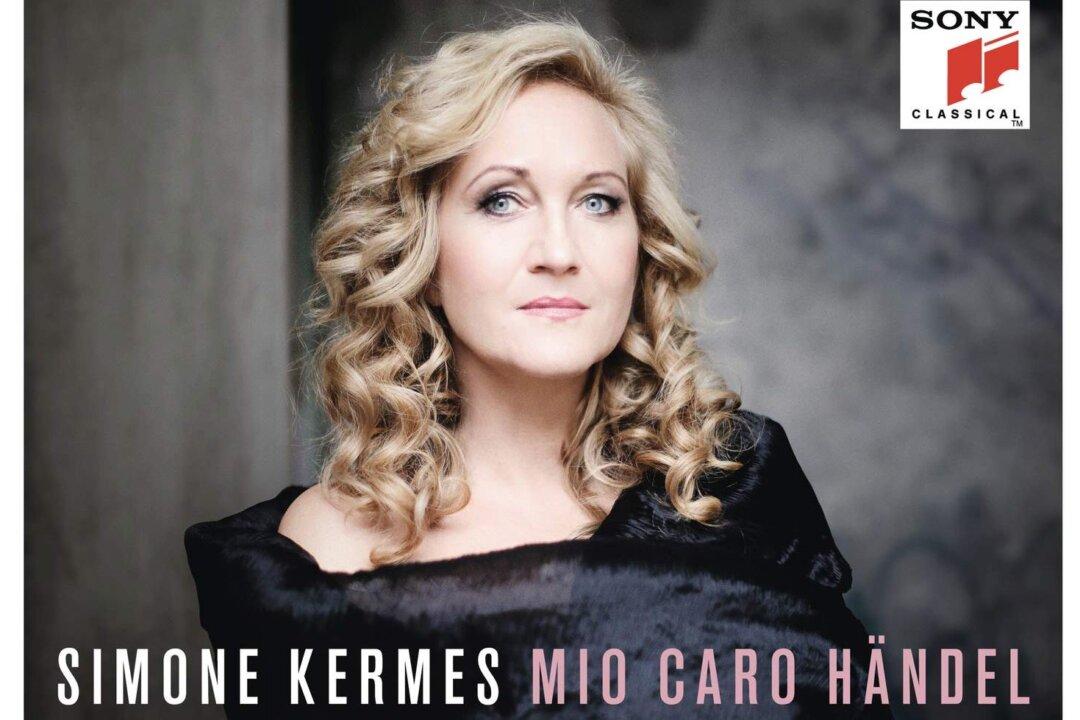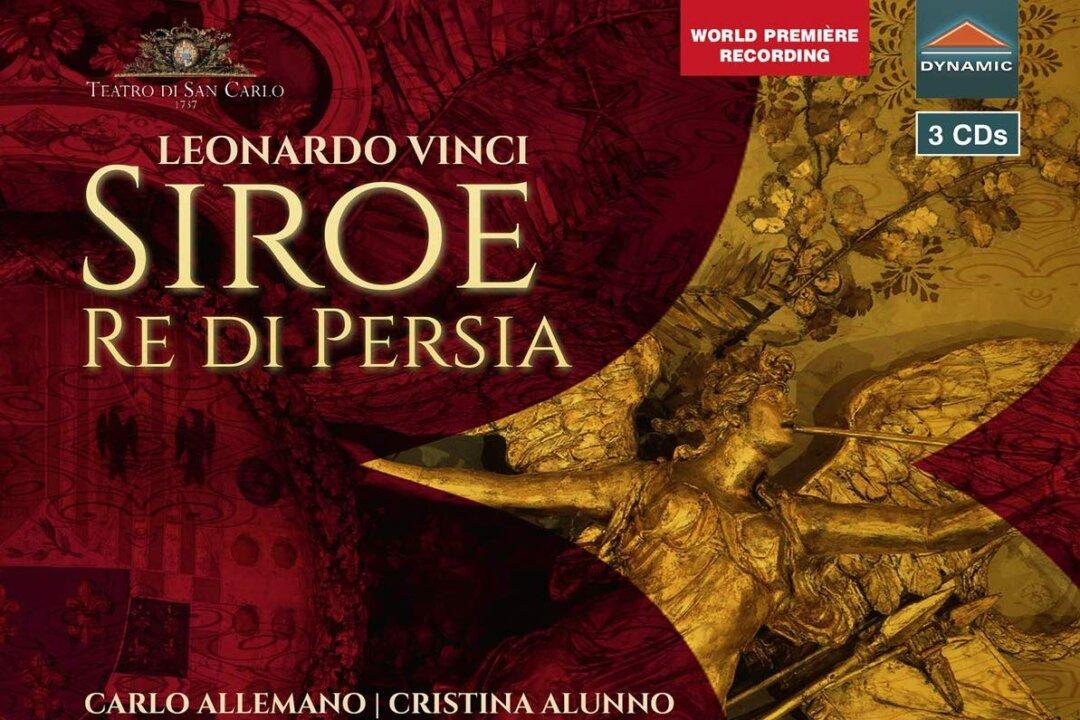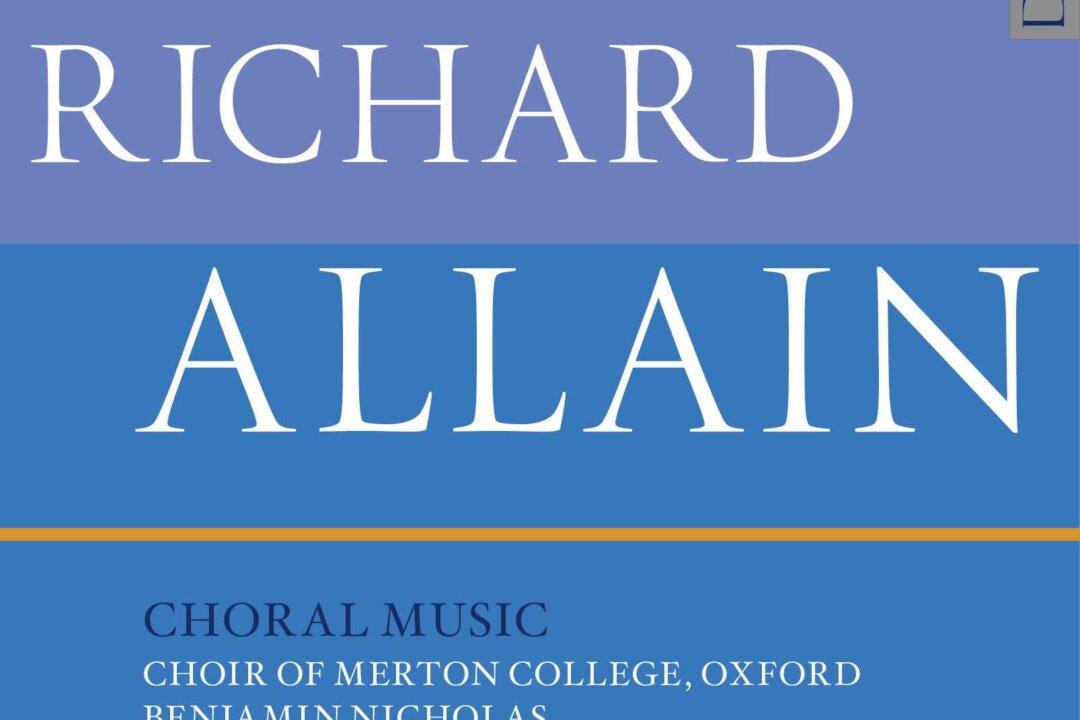Damian Iorio will be conducting the Welsh National Opera’s revival of Dominic Cooke’s production of Mozart’s “The Magic Flute” during February and May of 2019; this will be Damian’s debut with the company.
He is also music director of the Milton Keynes City Orchestra, an ensemble with which he has strong family links.





